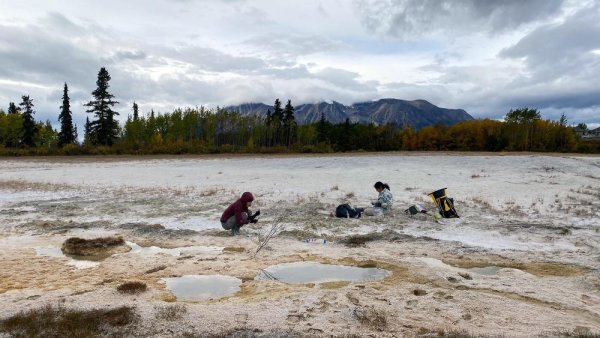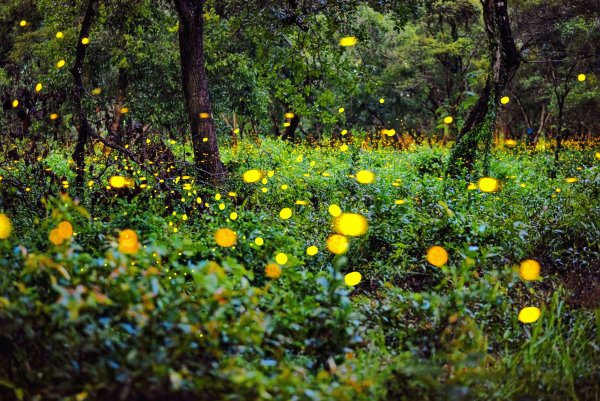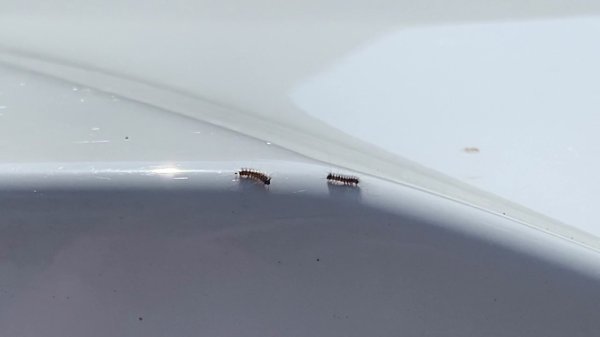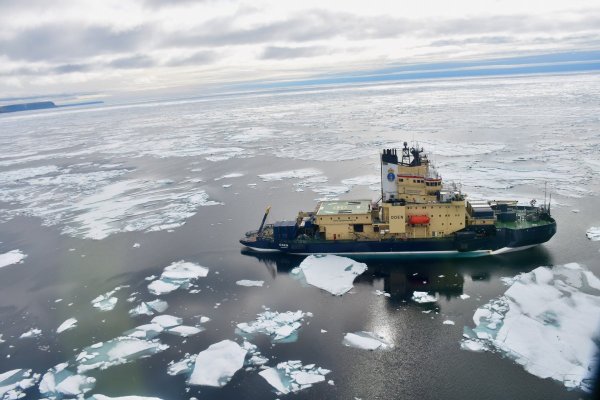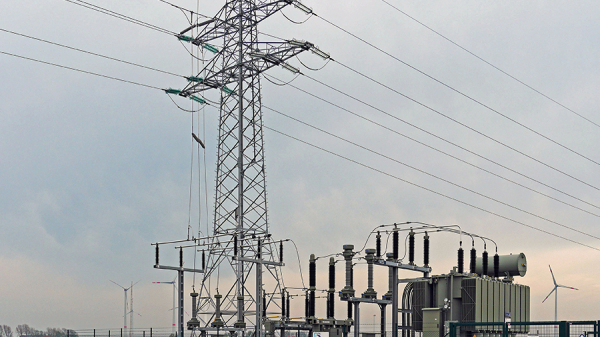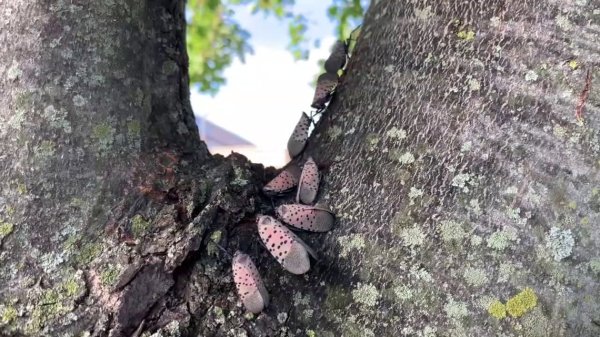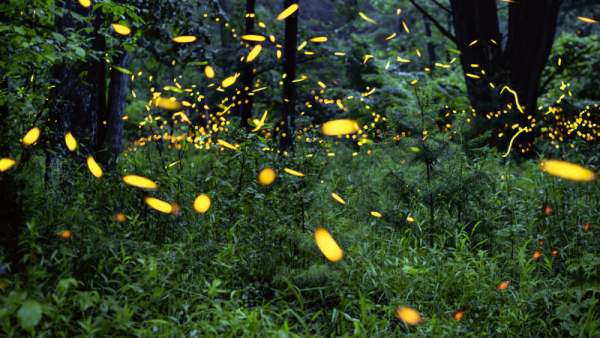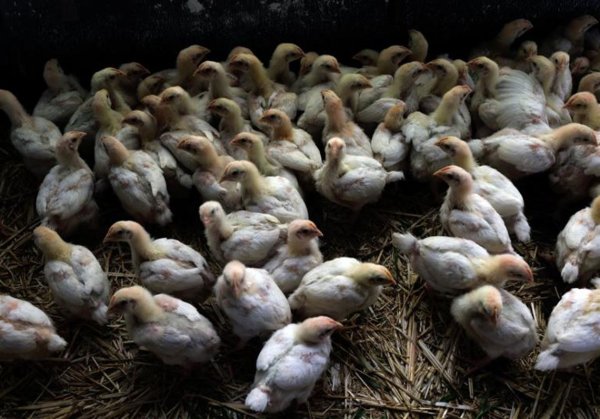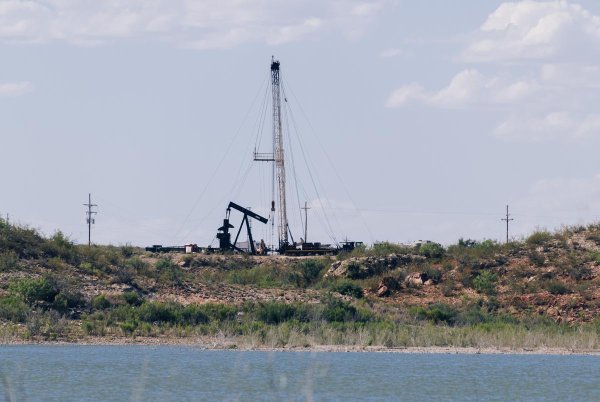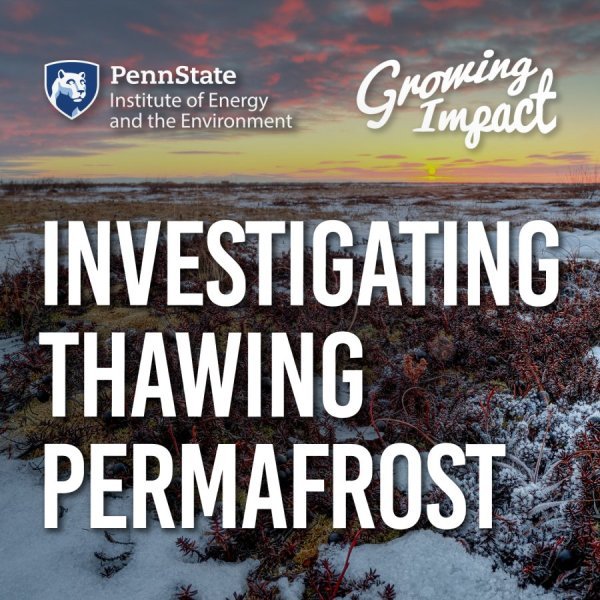Ingalls to use NSF award to explore Earth’s ‘boring billion’ evolution
| psu.edu
Miquela Ingalls, assistant professor and Wilson Faculty Fellow in the Department of Geosciences, will use a a five-year $975,000 National Science Foundation Faculty Early Career Development Program (CAREER) grant to help understand a long lull in the evolution of early life on Earth. This span of time during the Proterozoic Eon is known as the “boring billion” because the explosion of photosynthetic life was abruptly followed by a long pause in biological innovation.
Fentanyl and COVID-19 pandemic reshaped racial profile of overdose deaths in US
| psu.edu
A new study from researchers in the Penn State College of Health and Human Development examined racial and regional differences in overdose fatalities from 2012 to 2021, capturing the periods before and during the COVID-19 pandemic. In most of the nation, the researchers found that younger Black individuals died of overdose at lower rates than their white counterparts, but older Black individuals — especially men in Midwestern cities — were up to five times more likely to die of drug overdose than their white counterparts.
Award-winning photographer, conservationist to headline climate symposium
| psu.edu
Paul Nicklen, the award-winning nature photographer and conservationist, will be the keynote speaker for Penn State’s Climate Solutions Symposium. His presentation is scheduled for 9 a.m. on Tuesday, May 14, at The Penn Stater Hotel and Conference Center.
Firefly populations face multiple threats across North America
| earth.com
A groundbreaking study has brought new insights into the factors impacting firefly populations across North America. This article features Penn State research.
Spongy moths are everywhere in central Pennsylvania
| wnep.com
They are considered one of the most damaging bugs in Pennsylvania, and spongy moths are currently hatching in parts of our area. This article quotes Anna Hodgson, Penn State Extension agronomy educator.
The first Arctic researchers
| by Hester Blum
For millennia, Inuit communities have served as stewards of the Arctic, intimately attuned to its rhythms. Their observations and adaptations offer invaluable scientific insights. When researchers join forces with these communities, a more comprehensive understanding of climate change emerges.
Designing and assessing market designs to improve electrical grid reliability
| psu.edu
A project co-led by two Penn State professors has been selected to receive up to $815,959 from the Grid Deployment Office of the U.S. Department of Energy (DOE). The team will evaluate prospective market design changes to efficiently integrate batteries and other unconventional resources into wholesale electricity markets, with the aim of improving electrical grid reliability.
Engineering professor elected fellow of two professional societies
| psu.edu
Tak Sing Wong, professor of mechanical engineering and of biomedical engineering, was elected a fellow of the American Society of Mechanical Engineers and of the Royal Society of Chemistry.
Spotted lanternflies hatching out
| wnep.com
Newswatch 16's Mackenzie Aucker spoke with experts about when we can expect to see the invasive species in central Pennsylvania. This article mentions Penn State Extension research.
Firefly populations at risk due to climate change, urban development
| psu.edu
Catching fireflies is an iconic summer experience for many people living in North America, but the flickering beetles are on the decline. A new study by a team that includes Penn State researchers has identified factors that may be contributing to declining populations.
Bird flu is infecting more mammals, so what does that mean for us?
| post-gazette.com
In her three decades of working with elephant seals, Dr. Marcela Uhart had never seen anything like the scene on the beaches of Argentina’s Valdés Peninsula last October. This article quotes Troy Sutton, professor of veterinary and biomedical sciences.
Companies aim to release more treated oilfield wastewater into rivers and streams
| yahoo.com
Texas regulators are issuing permits to discharge large volumes of treated “produced water” into some waterways. Questions remain about the toxic pollutants found in the wastewater. This article mentions Penn State research.

